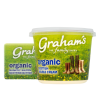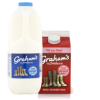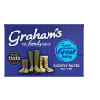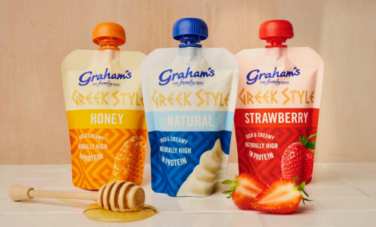
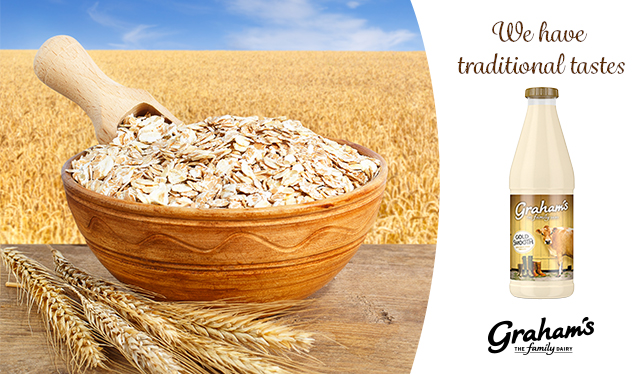
We recently brought you our favourite brunch ideas and that got us thinking about the first meal of the day.
Breakfast means something different to all of us. It might be a traditional start to the day with porridge, a high protein boost from Graham’s Quark served with fresh berries or perhaps it’s the weekend and you’re treating yourself to the full cooked extravaganza.
As we produce milk, yogurt, butter, cheese and quark, we’re huge fans of the most important meal of the day. However, it occurred to us that we don’t actually know that much about its origins – so we’ve been doing some digging. We hope you’ll enjoying learning about the history of breakfast as much as we enjoyed researching it.
What’s the history of the word ‘breakfast’?
The word breakfast means to break your fast, being the first meal eaten after a night’s sleep. However, the term only started being used in the English language in the 15th century. Before that the first meal of the day was know as morgenmete – which was Old English for ‘morning meal’. In Scots Gaelic, the word for breakfast is bracaist.
What are the earliest breakfasts that we know about?
When we talk about porridge for breakfast being traditional – we really mean it! Crop farming is believed to have begun in the Middle East around 9000 years ago and spread from there to Europe. Examination of ancient sites suggest that the first farmers used grinding stones called ‘quern stones’ to grind their cereal crops down for use in early forms of porridge.
Porridge is still considered a healthy breakfast today but the breakfast of workers in Ancient Egypt probably wouldn’t be recommended by today’s dieticians – it was usually bread, onions… and beer!
What about breakfast in Britain? What do we know about that?
It’s hard to get a full picture of breakfast in the British Isles in centuries gone by because breakfast wasn’t written about as much as evening banquets were. However, some intriguing records show that this morning meal was often reserved for a privileged few. In the 1470s, only a chosen few of the Duchess of York’s household were granted breakfast. In medieval times, two meals a day seem to have been the norm, rather than three.
By the 1500s though, there are more mentions of breakfast, with dairy becoming more important in it. The 1584 book The Haven of Health by Thomas Cogan mentions that “bread and butter” was the breakfast of people in the country.
And the full cooked breakfast?
The cooked breakfast only seems to have become an institution in the Victorian era. Before that, it was more of a luxury enjoyed by the gentry when entertaining guests.
Of course, the discussion about a full cooked breakfast naturally leads on to a debate about what elements must or must not be on the plate for it to be traditional. We’re going to sidestep that argument for now though! If you’ll excuse us, all this research has really worked up an appetite…


